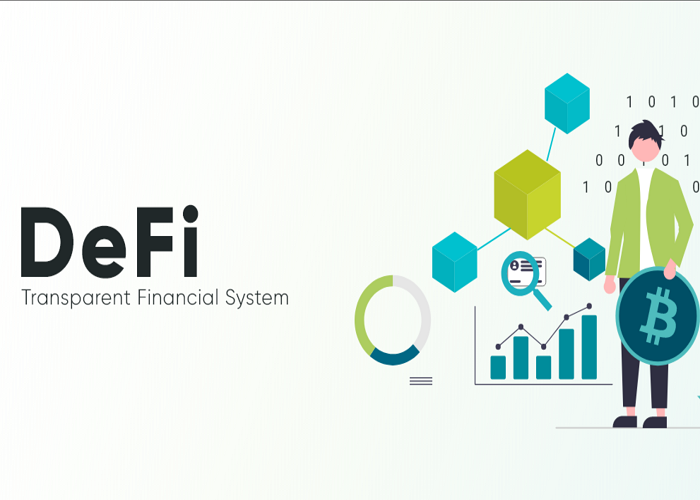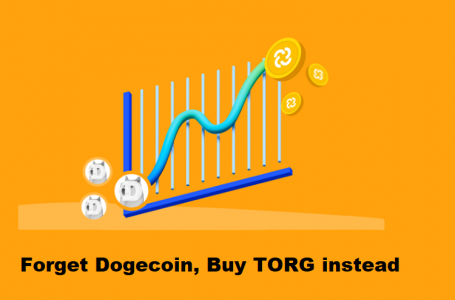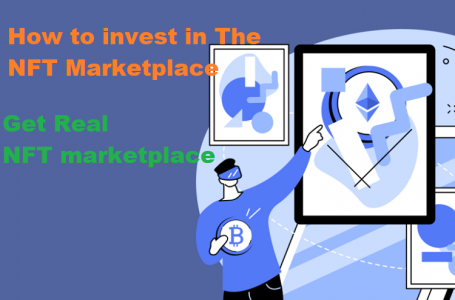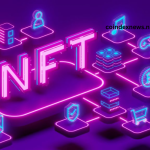
Financial world is undergoing a significant transformation, driven by the emergence of blockchain technology and cryptocurrencies. At the forefront of this revolution lies Decentralized Finance (DeFi), an ecosystem that aims to reshape traditional financial structures. If you don’t know what Decentralized Finance (DeFi) is or want to learn more about this, then you are at the right spot. Join us as we discuss the core concepts of DeFi, exploring its potential benefits, underlying mechanisms, and key considerations for those interested in participating.
Centralized Finance vs. Decentralized Finance
Traditionally, financial services are centralized, meaning they are controlled by institutions like banks and brokerage firms. These institutions act as intermediaries, facilitating transactions and managing financial products on behalf of their customers. However, this centralized model comes with inherent limitations:
- Single Points of Failure: Centralized systems are susceptible to outages, errors, or even manipulation by these institutions.
- Limited Accessibility: Traditional financial services may have stringent requirements or geographical limitations, excluding a portion of the global population.
- Opaque Processes: The inner workings of traditional finance can be complex and opaque, leaving users with limited control over their assets.
DeFi seeks to address these limitations by leveraging blockchain technology to create a peer-to-peer (P2P) financial system. In a DeFi ecosystem, there are no central authorities. Instead, smart contracts, self-executing code stored on a blockchain, automate financial transactions based on pre-defined parameters. This shift towards a decentralized model offers several potential advantages:
- Enhanced Transparency: Blockchain technology provides a transparent and immutable record of transactions, fostering greater trust and accountability.
- Financial Inclusion: DeFi eliminates geographical barriers and intermediaries, potentially offering financial services to a broader global audience.
- Greater Control: Users maintain complete ownership and control over their crypto assets within a DeFi ecosystem.
- Innovation and Automation: The permissionless nature of blockchain allows for the development of new and innovative financial products and services.
The Building Blocks of DeFi
The complex ecosystem of DeFi is comprised of several key components that work together to facilitate financial activities:
Blockchain Networks:
DeFi applications (dApps) are built on top of existing blockchains like Ethereum, Binance Smart Chain, and Solana. These networks provide the secure infrastructure for running smart contracts and ensuring the immutability of transaction data.
Smart Contracts:
These self-executing programs automate financial agreements and processes. They eliminate the need for intermediaries, ensuring that transactions are executed precisely as defined within the code.
Cryptocurrencies (Crypto):
Digital assets like Bitcoin and Ether act as the fuel for the DeFi ecosystem. They are used to collateralize loans, pay for transaction fees, and represent value within DeFi protocols.
Decentralized Exchanges (DEXs):
These peer-to-peer marketplaces allow users to trade cryptocurrencies directly, without relying on centralized exchanges. DEXs utilize automated market makers (AMMs) to facilitate trades based on liquidity pools.
Lending and Borrowing Protocols:
DeFi platforms enable users to lend and borrow cryptocurrencies. Lenders can earn interest on their holdings, while borrowers can access liquidity without traditional credit checks.
Yield Farming:
This practice involves strategically depositing crypto assets across different DeFi protocols to optimize returns. However, yield farming can be complex and carries inherent risks.
Applications of DeFi
DeFi offers a diverse range of financial services, challenging the dominance of traditional institutions. Here are some of the most prominent use cases:
Decentralized Lending and Borrowing:
Borrowers can access crypto loans without credit checks by depositing collateral exceeding the loan value. Lenders earn interest on their deposited assets, creating a more efficient lending ecosystem.
Automated Market Making (AMM) DEXs:
These DEXs utilize liquidity pools funded by users. Traders can swap cryptocurrencies directly from these pools, eliminating the need for order books and central authorities.
Yield Farming and Staking:
Users can deposit their crypto assets into DeFi protocols to earn interest or rewards. Staking involves locking up crypto holdings to support the security of a blockchain network and earn rewards.
Decentralized Insurance (DeFi Insurance):
This emerging field allows users to purchase peer-to-peer insurance policies using cryptocurrencies. DeFi insurance offers potential benefits in terms of cost and transparency.
Decentralized Derivatives:
DeFi platforms are facilitating the creation of derivative instruments like options and futures contracts on a decentralized basis.
Essential Considerations for DeFi
While DeFi holds immense potential, it’s crucial to approach it with caution and a clear understanding of the inherent risks involved. Here are some key considerations for those interested in exploring the DeFi space:
Volatility:
The cryptocurrency market is inherently volatile, and DeFi products built on top of it are
equally susceptible to price fluctuations. Be prepared for potential losses and invest only what you can afford.
Complexity:
DeFi can be a complex ecosystem with intricate protocols and processes. Conduct thorough research, understand the risks involved, and consider seeking guidance from experienced users before committing funds.
Smart Contract Risks:
Smart contracts are code, and code can have bugs. These vulnerabilities can be exploited by malicious actors, potentially leading to loss of funds. Only interact with well-established and audited DeFi protocols.
Security:
DeFi users are responsible for safeguarding their own crypto assets. Employ strong passwords, multi-factor authentication, and secure hardware wallets to minimize the risk of theft.
Regulatory Landscape:
The regulatory environment surrounding DeFi is still evolving. Stay informed about potential regulatory changes that could impact DeFi protocols and user activity.
Future of The Evolving DeFi Landscape
DeFi is a technology with immense potential to reshape the financial landscape. As the ecosystem matures, we can expect to see continued innovation in several areas:
Scalability and Interoperability:
Current DeFi solutions can experience scalability issues and limited interoperability between different blockchains. Future advancements will likely address these challenges, enabling smoother and more efficient transactions.
User Experience (UX) Improvements:
DeFi applications can be complex for newcomers. Simplified user interfaces and improved educational resources will be crucial for broader adoption.
Integration with Traditional Finance (TradFi):
A potential future trend could see DeFi protocols integrate with traditional financial institutions, offering a blend of innovation and established infrastructure.
Decentralized Autonomous Organizations (DAOs):
DAOs are community-governed organizations leveraging blockchain technology. DeFi could play a key role in facilitating the growth and adoption of DAOs.
DeFi presents a paradigm shift in the way we interact with financial services. By understanding its core principles, potential benefits, and inherent risks, individuals can make informed decisions about whether and how to participate in this evolving ecosystem. The future of DeFi is bright, and its impact on the global financial landscape is yet to be fully realized.
How WiseHub Academy Can Help Students with DeFi Technology, Blockchain, and Trading:
WiseHub Academy became a leading provider of educational programs that bridge the gap between technology and finance. The academy’s course offerings cater to tech professionals and enthusiasts seeking to capitalize on the opportunities presented by the digital finance landscape. From understanding the fundamentals of blockchain technology to mastering the intricacies of cryptocurrency trading, WiseHub Academy equips students with the knowledge and skills necessary to navigate the rapidly evolving world of decentralized finance (DeFi).
The main courses of WiseHub Academy’s those that get into the technical aspects of blockchain and cryptocurrency. Students learn about the underlying architecture of blockchain, the mechanics of cryptocurrency mining, and the practical applications of smart contracts and DeFi protocols. This comprehensive understanding of the technological foundations empowers learners to make informed decisions and actively participate in the burgeoning digital finance ecosystem.
Beyond the technical aspects, WiseHub Academy also offers courses that focus on trading strategies and investment techniques tailored to the cryptocurrency and stock markets. Students gain expertise in areas such as technical analysis, algorithmic trading, and portfolio management, equipping them with the skills to navigate the volatile and fast-paced nature of these markets. The academy’s emphasis on practical, real-world application ensures that students can confidently apply their newfound knowledge in the ever-changing landscape of digital finance










